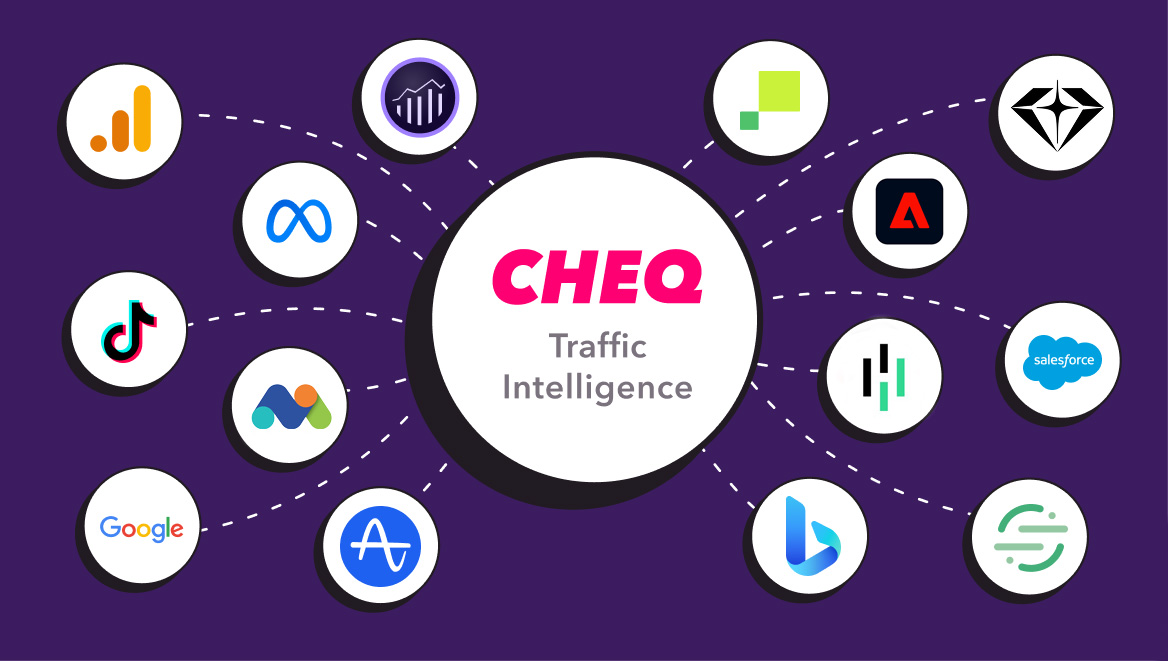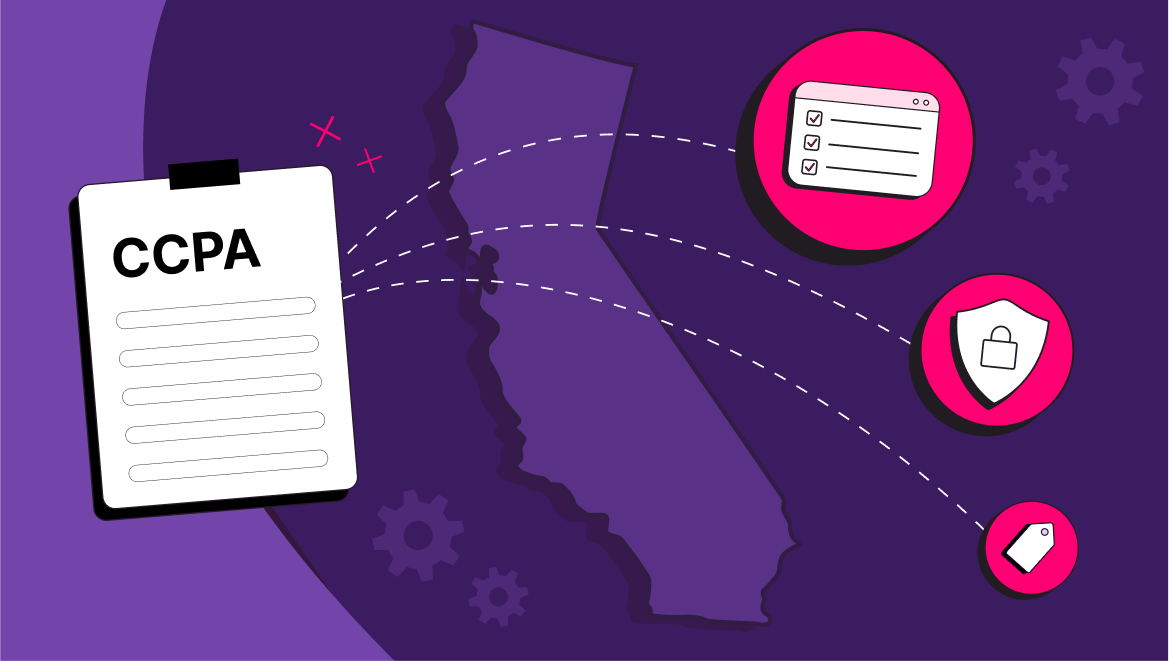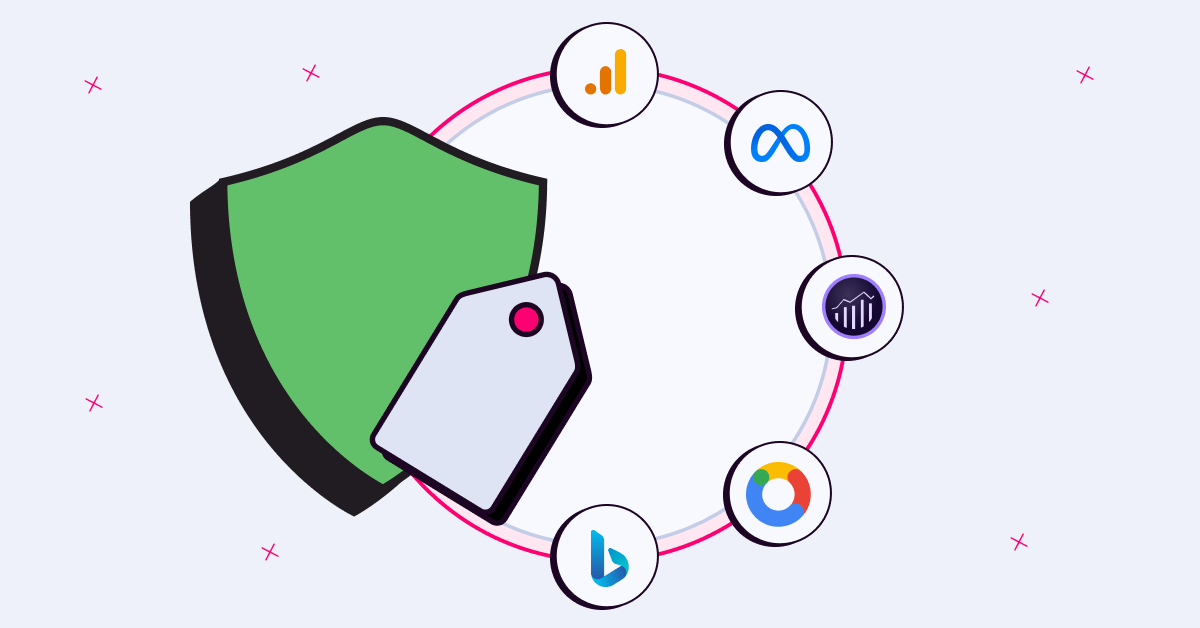Big-Spending Enterprises Face a $23.7 Billion Click Fraud Problem
Jonathan Marciano
|Marketing | April 23, 2020

A study released by the University of Baltimore has revealed huge levels of click fraud which are hurting multiple Pay Per Click (‘PPC’) enterprises in 2020. The study split the $23.7billion in click fraud among five primary industries: eCommerce, Education, Legal, Medical, and Travel.
The total amount of invalid clicks were averaged at 14% across all sectors. The research further found that these invalid clicks were consistent across PPC and paid social platforms including Google, Pinterest, Facebook, Bing, Instagram, Yahoo, and YouTube.
How Click Fraud Works
Click fraud is a method of sabotaging your (pay-per-click) advertising, such as Google Ads. Google refers to click fraud as “invalid clicks.” According to Google, click fraud is an “illegitimate” action such as an unintentional click or a click resulting from malicious software. This includes both basic and sophisticated fraud, including the most advanced and emerging frauds such as click farms, competitor clicks, out-of-geo fraud, cookie stuffing, affiliate-link fraud, app download fraud, and site engagement fraud.
Enterprise Level PPC Click Fraud Increasing
Enterprises face particular scale and complexity given their spend on PPC and social media. For instance, online giant, Amazon, is the largest spender on Google Ads, at $31.4 Million per month. Home Depot spends millions each month on the Google Ads platform. With these figures, at a 14% click fraud rate, the amount lost to criminal activity is significant.
The Baltimore study further highlighted that the more complex a PPC campaign gets, the higher the click fraud potential will be. Larger enterprises are more likely to have more complex campaigns targeted by more sophisticated click fraud. PPC expert, Ted Ives says “Enterprise Search Engine Marketing (SEM) campaigns exciting to design and execute. Budgets are large, and there are numerous customers to satisfy by connecting them with the information they need via a myriad of keywords. However, enterprise SEM campaigns tend to grow over time and become very messy and difficult to manage.” This added layer of complexity makes enterprise campaigns ripe for fraud. Two sources of enterprise click fraud to note are retargeting click fraud and affiliate click fraud.
1. Retargeting: enterprises losing millions by remarketing to bots
Enterprises also suffer from ghosts in the machine in their retargeting. One in five marketers have a dedicated budget for retargeting (Retargeting or remarketing is a technique where a user is shown an ad multiple times on different devices and operating systems, to enhance conversion rates). However often enterprises often find that this merely serves to target bots again and again. This costs advertisers millions without any benefits.
2. Affiliate fraud: Enterprises losing millions
We found for instance in large enterprises companies disclosing affiliate fraud—hosts of affiliate networks attempting to take credit for thousands of clicks on a regular basis. This creates a dangerous situation where companies are duped by businesses they are transacting with. Uber found a huge case of attribution fraud, in which Kevin Frisch, former head of acquisitions at the ride hailing service, turned off two-thirds of Uber’s $150m spend to attract new drivers, seeing no change in the number of app installs. Instead they spent big on fraudulent partners and began a court case against former partners. Because of the complexity and large sums often millions of dollars of click fraud is not spotted.
Fighting Click Fraud: The rise of AI and cybersecurity saving PPC campaigns
Spend on PPC has become vital for enterprises, not least during downturns. According to Search Engine Journal during COVID 19, “Paid search fared best, with the lowest decrease response, and highest retained budgets. This was logical, given that search is heavier on demand-side, versus other channels that lean more toward top or mid-funnel efforts.”. It is a case of save PPC, save the world. This only heightens the need for protecting enterprises from click fraud which has become more sophisticated and has been shown to hurt the bottom line of enterprises.
One gamechanger for eliminating enterprise PPC fraud is ‘CHEQ for PPC’. This is the first click fraud product to operate across multiple platforms, including Amazon, Baidu, Bing, Facebook, Google, LinkedIn, Snap, Twitter, Pinterest, Yahoo, and Yandex. It provides enterprise-level protection to combat large and sophisticated click fraud, using over 700 cybersecurity parameters, and advanced AI detection. Dozens of enterprises are using this advanced protection across their PPC and paid social campaigns since the product was launched in April 2020. This success reflects the importance of making enterprise-grade PPC campaigns perform well and bring revenue growth.
Conclusion
Given the advanced frauds carried out, those spending large amounts on PPC increasingly require advanced technology to protect them quickly against fraud, saving a huge proportion of their marketing budget. This ensures only valid clicks appear in their marketing funnel. Ending click fraud in enterprise PPC spend is vital for the economy’s high earning lead-generators to deliver only high-quality clicks.
Want to protect your sites and ads from click fraud? Click here to Request a Demo.












